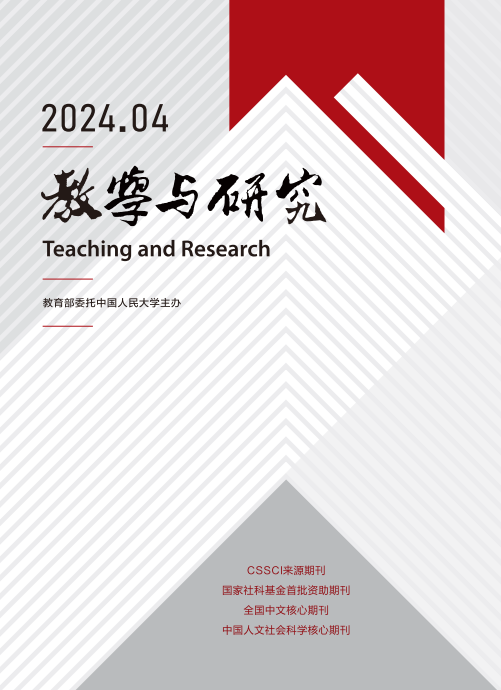|
|
Philosophical Clarification of and Contemporary Reflection on Categories of Need in Marx
Hou Yaowen
2024, 58 (4):
28-37.
Without the clarification of the need categories, there is no foundation for the need theory. The definition and analysis of the categories of need must be combined with Marxs distinction between need and desire, longing, greed, and demand, among others, and examined and classified among differing cases of being verbs and nouns; therefore, we can better understand and reflect on the true meaning and misconception of need based on the view of Marx. From the perspective of Marxs distinction and use of needs under two parts of speech, whether it is expressed as “necessarily need” in the verb sense, “should still be needed” based on “necessarily need”, or as a noun in the sense of “concrete noun of need” and “abstract noun of need”, the concept of need shows a certain problem awareness, internal logic and specific theoretical value in deepening the understanding of historical materialism and revealing the need for alienation under the logic of capital and auxiliary arguments for communist revolution. The philosophical clarification of need categories in Marx has significant theoretical and practical value, not only for reflecting on the “false needs” of consumerism, the “materialized needs” of materialism, the “onesided needs” of onedimensional people, the “accelerated needs” of accelerating society, and the “infinite needs” of ecologism, but also for meeting the needs of people for a better life in the new era.
Related Articles |
Metrics
|



